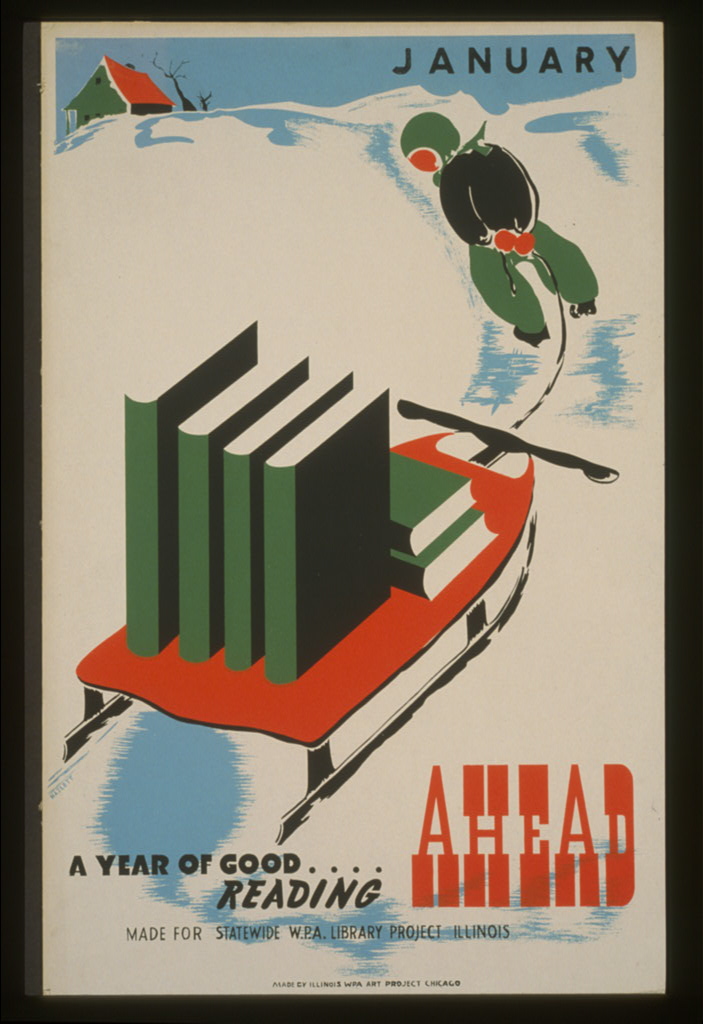
Very occasionally I wish I were the sort of person who kept lists.
It’s most common that I regret not being a list-keeper when someone asks for book recommendations, especially when they want something in a particular scope—the 10 best books I read this year, or three books that I’ve given as gifts.
I’m always daunted by a request like that, because I have no idea what books I read this year.
Some of my tools—in particular, Amazon and my Kindle—do some amount of list-keeping for me. The public library could, but by default it doesn’t. (For very legitimate historical reasons, librarians worry about their patrons’ privacy, and since they don’t need to keep track of what books you’ve checked out once you’ve returned them, they default to forgetting about them.)
I played around with using a little toy tool called IndieBookClub, which posts the books you enter to your site, but it didn’t do most of the things you’d actually want such a tool to do (associate the books you’re meaning to read, books you’re reading, books you’ve read, and your thoughts about them), so I didn’t find it very useful.
Some people really enjoy the process of keeping lists, but that’s not me. Basically, I don’t want to keep lists, I sometimes want to have kept lists. I sometimes regret not having a list of something, but not in a way that makes me think I should start keeping such a list.
I do track some things—money, exercise, sleep—when experience has shown me that doing so is of great value, but in most areas of life I don’t keep track of anything at all.
Just today—after a year of having this post hanging around in my drafts folder—I saw plans for folks working on IndieWeb stuff to talk about how to do personal libraries in a way that would produce decentralized Goodreads-like functionality. That would really appeal to me.
In the meantime maybe I’ll look around at some list-keeping tools (or maybe start using a few pages in my bullet journal to keep track of books and other things worth tracking).
I’ll keep you posted. Maybe next year will be the year I keep a list of one more thing!
